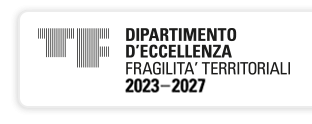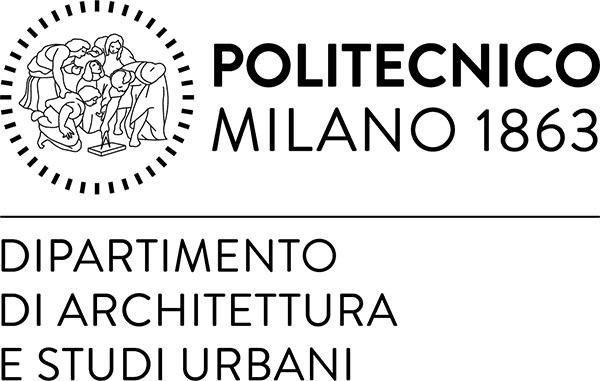
The (un)sustainability of the Winter Olympics: Comparing Salt Lake 2002 and Sochi 2014
26/05/2020, h. 17:00 – h. 18:00
Discussione online su Microsoft Teams, accessibile previa richiesta a: zachary.jones@polimi.it; nicole.detogni@polimi.it
Il video di ciascun seminario sarà disponibile online il giorno prima dell’evento al link http://www.tau-lab.polimi.it/mega-events-and-the-city-seminar-series/ or on Twitter @HomeeProject
With their high global visibility and political leverage, the Olympic Games could present an example of sustainable practices to emulate. Yet, we lack an assessment of their sustainability. In this lecture, Martin Müller will present a scorecard to evaluate the sustainability of the Olympic Games with nine indicators, applying it to the 16 editions of the Olympic Games between 1992 and 2020. He will show that the overall sustainability of the Olympic Games is poor. Salt Lake City 2002 were the most sustainable Olympic Games in this period, whereas London 2012, Sochi 2014 and Rio de Janeiro 2016 were the least sustainable. These data reveal that more recent editions of the Olympic Games are significantly less sustainable than earlier ones. Three actions to reform Olympic hosting are proposed. First, much reducing the size of the event. Second, spreading events across time and space. Third, developing and enforcing strict sustainability commitments.
Relatore: Martin Müller (University of Lausanne)
Responsabili: Davide Ponzini, Zachary Jones, Nicole De Togni, Stefano Di Vita
zachary.jones@polimi.it, nicole.detogni@polimi.it
Locandina





